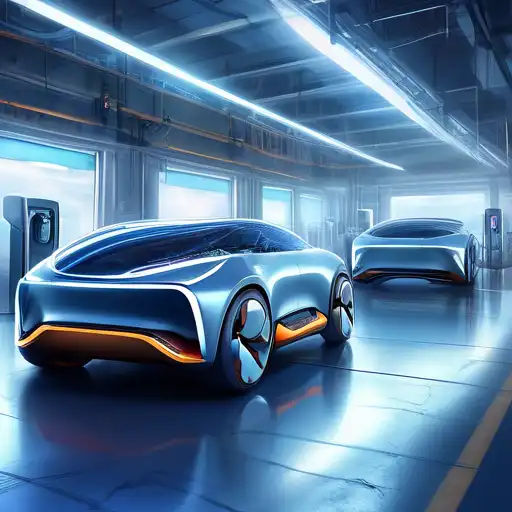The Dawn of a New Era in Automotive Technology
The automotive industry is undergoing a transformative shift, with electric vehicles (EVs) and cutting-edge technology leading the charge. This revolution is not just about replacing the internal combustion engine; it's about reimagining the future of transportation. From advancements in battery technology to autonomous driving systems, the sector is evolving at an unprecedented pace.
Electric Vehicles: Leading the Charge Towards Sustainability
Electric vehicles have moved from niche to mainstream, thanks to significant improvements in battery life, charging infrastructure, and affordability. Companies like Tesla, Nissan, and Chevrolet are at the forefront, offering models that cater to a wide range of consumers. The environmental benefits of EVs, combined with lower operating costs, make them an attractive option for eco-conscious drivers.
Breakthroughs in Battery Technology
At the heart of the EV revolution is battery technology. Recent advancements have led to batteries that charge faster, last longer, and are more energy-efficient. Solid-state batteries, for example, promise to revolutionize the market with their higher energy density and safety features. These innovations are crucial for addressing range anxiety and making EVs more accessible to the masses.
Autonomous Driving: The Future of Transportation
Another area of rapid development is autonomous driving technology. With companies like Waymo and Tesla testing self-driving cars, the dream of hands-free commuting is becoming a reality. These systems rely on a combination of sensors, cameras, and artificial intelligence to navigate roads safely, potentially reducing accidents caused by human error.
Connectivity and Smart Features
Modern vehicles are more connected than ever, offering features like real-time traffic updates, remote diagnostics, and over-the-air software updates. This connectivity not only enhances the driving experience but also opens up new possibilities for vehicle-to-vehicle communication, further improving safety and efficiency on the roads.
Challenges and Opportunities Ahead
Despite the progress, challenges remain. The need for more widespread charging infrastructure and the environmental impact of battery production are significant hurdles. However, these challenges also present opportunities for innovation and collaboration across industries to create a more sustainable and efficient transportation ecosystem.
As we look to the future, it's clear that electric vehicles and automotive technology advances will continue to shape the way we move. With ongoing research and development, the possibilities are endless, promising a cleaner, safer, and more connected world for generations to come.
